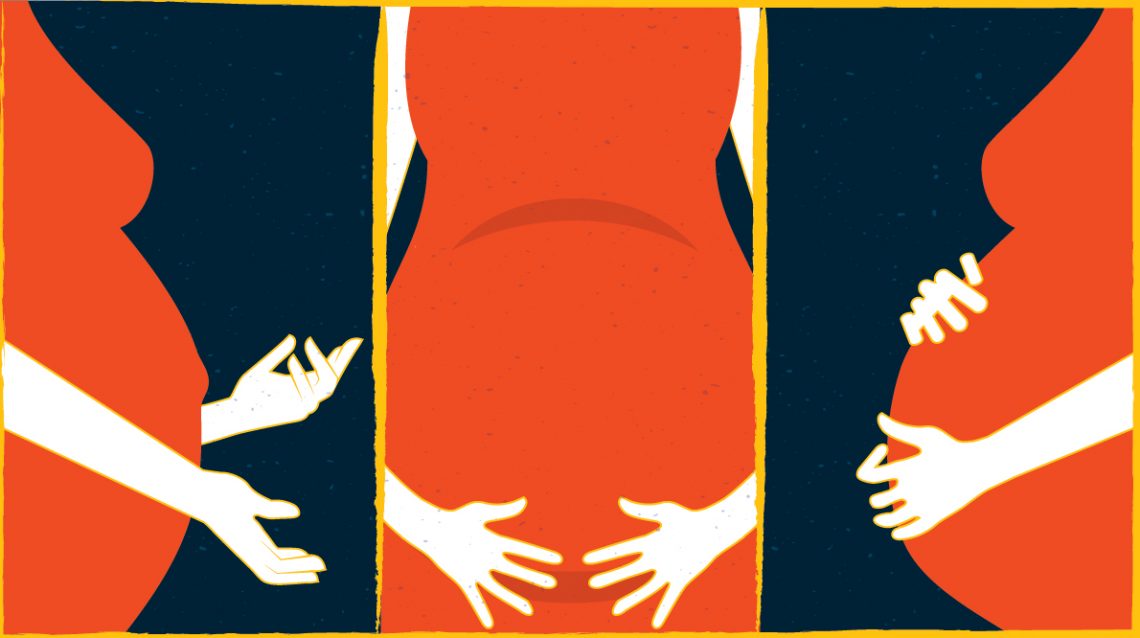Pakistan (Transatlantic Today) – Abortion is a sensitive and controversial topic around the world. In Pakistan, it is also a complex and confusing issue due to the country’s cultural and religious beliefs. While abortions are legal in certain circumstances, there are many restrictions and limitations on when and how they can be performed. Married women need to be informed about their rights and the laws surrounding abortion in Pakistan. In this blog post, we will discuss the various laws and regulations regarding abortion in Pakistan
Is Abortion Legal In Pakistan?
Abortion laws in Pakistan are a highly debated and controversial topic. The country has one of the highest maternal mortality rates in the world. A significant number of these deaths are caused by unsafe abortion practices. The legal status of abortion in Pakistan is governed by the Penal Code of 1860 and the 1973 Constitution of Pakistan.
According to the Penal Code, abortion is illegal except in cases where the women’s life is in danger or if the pregnancy is a result of rape. The law allows for abortion to be carried out by a registered medical practitioner, only in a registered medical facility.
However, despite these regulations, unsafe and illegal abortions continue to be performed in Pakistan. Pakistani Women who seek abortions outside the legal framework are often subjected to unsafe and unhygienic conditions, leading to incomplete abortion and even death.
It is important to note that abortion is a sensitive issue in Pakistan and is often viewed through the lens of religion and cultural norms. This makes it difficult for women who seek abortions to access safe abortion and legal services.
Women often face social stigma and ostracism. The government needs to work towards creating a safe and supportive environment for women seeking reproductive health and abortion services.
What is Allowed Under the Law: Circumstances for Legal Abortion
Abortions in Pakistan are generally illegal, but there are certain circumstances under which it is allowed by law. The Pakistan Penal Code, which was implemented in 1860, criminalizes abortion in most circumstances. However, in 1979, the government of Pakistan introduced a series of amendments to the code that permitted abortion under certain conditions. These amendments remain in place to this day.
According to the law, it is allowed to induce abortion if it is necessary to save the life of the woman. This means that if continuing a pregnancy would endanger the life of the woman, an abortion may be performed legally to save the woman. Additionally, abortion is allowed if it is necessary to provide necessary treatment for a woman with a physical or mental illness.
Furthermore, abortion is permitted if it is an unwanted pregnancy and is the result of rape or incest. In such cases, the woman is not required to obtain permission from a court or a medical board, but she must report the rape or incest to the authorities.
The law also allows for abortion if there is a substantial risk that the child would be born with physical or mental abnormalities. However, a public health organization or a medical board must first certify that the child would be born with a serious handicap.
It is important to note that while abortion is permitted under these circumstances, it is still highly stigmatized in Pakistani society. Women who seek abortions are often subjected to social ostracism and discrimination and may face legal consequences if they are found to have obtained an illegal abortion.
The Punishment for Illegal Abortion
In Pakistan, the punishment for illegal abortion is severe. According to the Pakistan Penal Code, anyone who performs abortion illegally can be punished with up to three years in prison and a hefty fine. Furthermore, if the woman undergoing the procedure dies due to complications, the person performing the abortion can be charged with murder. He could face life imprisonment or even the death penalty.
It’s important to note that there are some exceptions to this law. In cases where the woman’s life is in danger, if the pregnancy is a result of rape or incest, or if the fetus has severe abnormalities, abortion may be legally performed.
However, these exceptions are not always clear-cut and can be open to interpretation. Women who seek abortions outside of these exceptions or without qualified medical professionals may be putting their lives at risk. It’s crucial for women in Pakistan to be aware of the legal repercussions of illegal abortions. They must seek professional medical advice and care when considering this option.


























